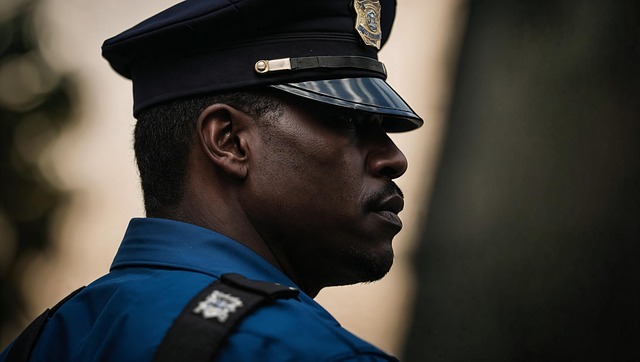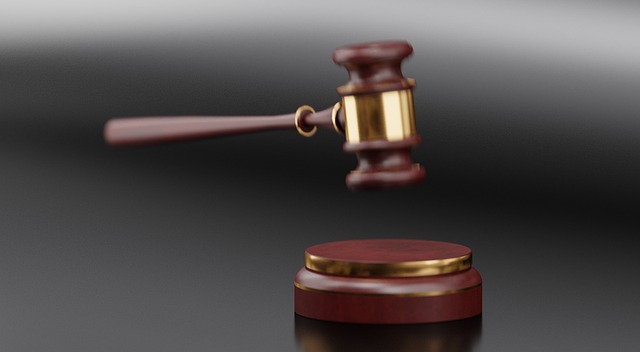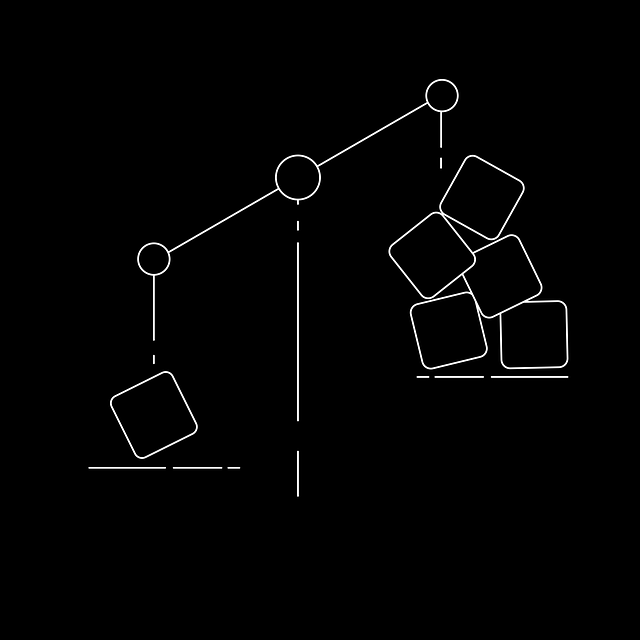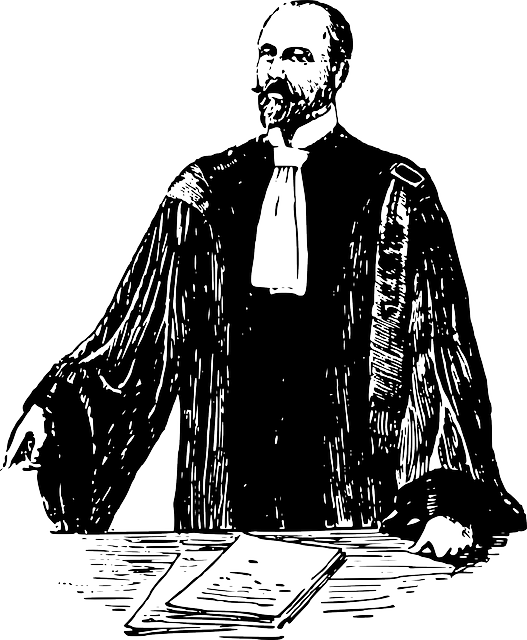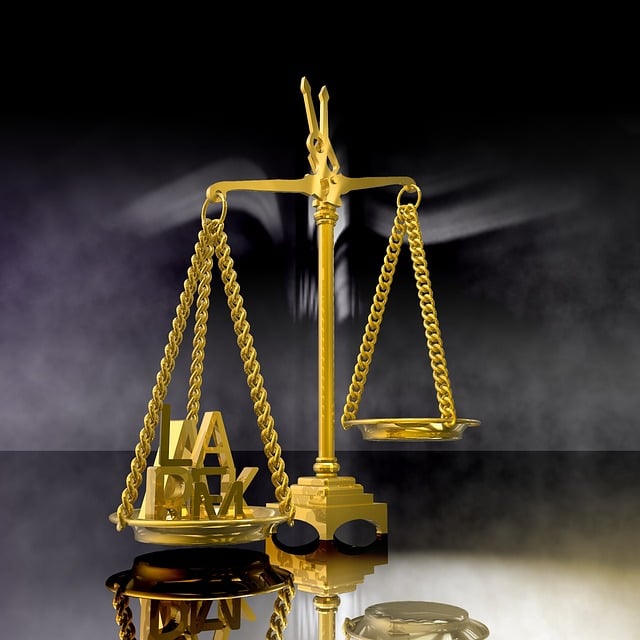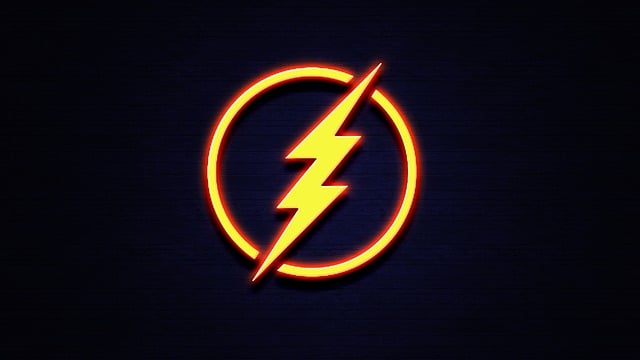Prosecutorial Misconduct and Ethical Violations in Criminal Law cases threaten justice system integrity, leading to unfair trials, damaged reputations, and public distrust. High-stakes cases like white-collar defense can result in overturned convictions and expose systemic bias. These incidents prompt discussions on stricter ethical guidelines for prosecutors, aiming for transparency and accountability. Safeguarding defendants' rights and promoting unbiased justice are crucial, especially when futures are at stake. Appeals processes address misconduct, ensuring fairness and protecting individual rights. Key reforms focus on preventing abuses during investigations, empowering law enforcement while maintaining integrity in the justice system.
“In the intricate landscape of criminal justice, understanding critical issues like Prosecutorial Misconduct and Ethical Violations is paramount. This article delves into these complex cases, examining their far-reaching impacts on defendants’ rights and fair trials. We explore ethical failures by lawyers and the profound consequences for those accused. Furthermore, it highlights legal avenues for recourse, emphasizing the importance of appeals in holding the accused accountable. Finally, it discusses necessary reforms to prevent such abuses, aiming to foster a more just criminal justice system.”
- Understanding Prosecutorial Misconduct Cases
- Ethical Violations: When Lawyers Break Rules
- Impact on Defendants: Unfair Trials and Rights
- Legal Recourse: Appealing and Holding Accused Accountable
- Preventing Abuses: Reforms for Fair Justice
Understanding Prosecutorial Misconduct Cases

In the realm of Criminal Law, cases involving Prosecutorial Misconduct are significant due to their potential impact on the justice system’s integrity. These instances encompass a range of ethical violations committed by prosecutors during legal proceedings. Such misconduct can include strategic decisions that distort evidence, improper influence on witnesses, or even the suppression of exculpatory information favoring the accused. Understanding these cases is crucial as they not only challenge the fairness of trials but also shape public trust in law enforcement and the judicial process.
When considering high-stakes cases, such as those involving white collar defense, the implications of prosecutorial misconduct can be profound. It may lead to overturned convictions, damaged reputations, or even the exposure of systemic biases within the legal system. Moreover, these instances often spark discussions in both the philanthropic and political communities about the need for stricter ethical guidelines and accountability measures for prosecutors, ensuring a more transparent and just approach to criminal justice.
Ethical Violations: When Lawyers Break Rules

In the realm of Criminal Law Cases, ethical violations by lawyers, especially during trials, can significantly impact the fairness of justice. Issues like prosecutorial misconduct and ethical violations erode public trust in the legal system. When attorneys break rules governing professional conduct, it not only undermines their integrity but also casts doubt on the entire judicial process. These misconducts range from unfair tactics to withholding crucial evidence, affecting the rights of both defendants and plaintiffs alike.
For instance, a winning challenging defense verdict often hinges on adherence to ethical standards. If a lawyer’s actions cross the line into unethical territory, it may result in a complete dismissal of all charges. This is not just about achieving favorable outcomes for clients; it’s about ensuring that justice is served without compromise. Maintaining high ethical standards within the legal profession is vital to preserve the integrity and effectiveness of the respective business of law.
Impact on Defendants: Unfair Trials and Rights

The impact of criminal law cases extends far beyond the outcome of a trial. For defendants, the process can be deeply damaging, especially when faced with unfair trials and violated rights. Prosecutorial misconduct and ethical violations can significantly skew the justice system in favor of conviction, regardless of actual guilt or innocence. This can lead to wrongful convictions, causing immense emotional, financial, and social strain on those accused.
The consequences are particularly harsh for corporate and individual clients alike, as their reputations, careers, and freedom hang in the balance. Achieving extraordinary results in such cases requires unwavering advocacy to protect the rights of defendants, ensuring that justice is served without bias or corruption.
Legal Recourse: Appealing and Holding Accused Accountable
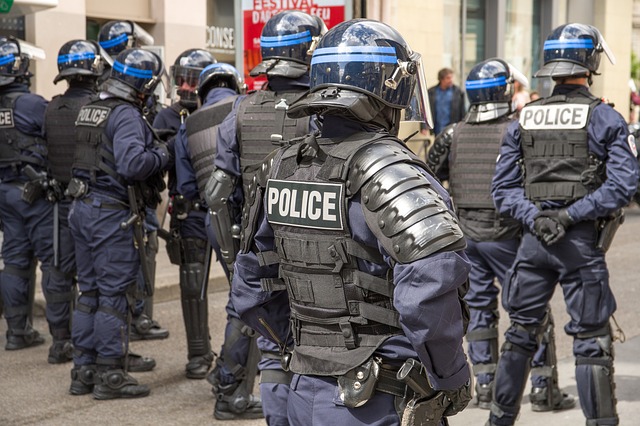
When a person is accused of a crime, they have legal recourse to challenge their case and ensure fairness. Appealing a criminal conviction is a critical step in holding the accused accountable and addressing any potential prosecutorial misconduct or ethical violations that may have occurred during the investigation and enforcement process.
In high-stakes cases, achieving extraordinary results often hinges on meticulous attention to detail at every stage of the investigative and enforcement process. This includes reviewing evidence for integrity and appropriateness, ensuring due process rights are upheld, and examining the conduct of both the prosecution and defense teams. By appealing, individuals can expose and rectify errors that may have led to an unfair trial, ultimately safeguarding their rights and promoting a more just legal system.
Preventing Abuses: Reforms for Fair Justice

Ensuring fairness in criminal law cases requires a continuous effort to prevent abuses at every stage of the investigative and enforcement process. Reforms are essential to address issues like prosecutorial misconduct and ethical violations, which can undermine the integrity of the justice system. By implementing stringent guidelines and oversight mechanisms, legal bodies can protect the rights of both corporate and individual clients accused of white collar and economic crimes.
These reforms aim to create a balanced approach where law enforcement agencies maintain their investigative powers while adhering to strict protocols that safeguard against arbitrary decisions. Promoting transparency, accountability, and ethical conduct among prosecutors and investigators is crucial in achieving fair justice. This includes proper training on ethical considerations, clear guidelines for evidence handling, and mechanisms for independent review of cases involving complex financial crimes.
In conclusion, navigating criminal law cases involves scrutinizing not only the evidence but also the conduct of those involved. Understanding instances of prosecutorial misconduct and ethical violations by lawyers is crucial for ensuring fair trials and protecting defendants’ rights. Reforms aimed at preventing such abuses are essential for upholding the integrity of the justice system and providing just outcomes for all. By appealing and holding those accountable, we can strive for a more equitable and transparent legal landscape.
